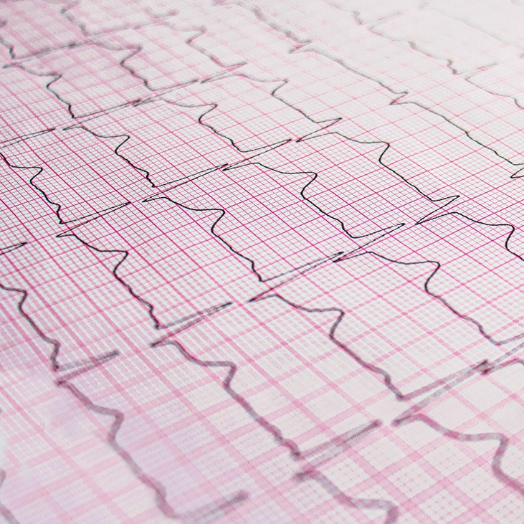Symptoms of chronic heart failure may include:
- Shortness of breath, especially during physical activity or while lying down
- Fatigue and weakness
- Swelling in the legs, ankles, or feet
- Rapid or irregular heartbeat
- Chest pain or discomfort
- Persistent cough or wheezing
Diagnosis of chronic heart failure may involve physical examination, imaging tests, such as echocardiogram, electrocardiogram, and chest X-ray, and blood tests to measure cardiac enzymes and other markers of heart damage.
Treatment of chronic heart failure may include:
- Lifestyle modifications: Making lifestyle changes, such as eating a healthy diet, exercising regularly, quitting smoking, and limiting alcohol intake, can help improve heart health and reduce symptoms.
- Medications: A variety of medications may be used to treat chronic heart failure, including diuretics, ACE inhibitors, beta-blockers, and angiotensin receptor blockers.
- Cardiac devices: In some cases, a cardiac pacemaker or implantable cardioverter-defibrillator (ICD) may be implanted to help regulate the heart's rhythm.
- Surgery: Certain surgical procedures, such as coronary artery bypass surgery or heart valve repair or replacement, may be necessary to treat underlying conditions that contribute to chronic heart failure.
It is important to work closely with a healthcare provider to manage chronic heart failure and prevent complications. With proper treatment and management, many people with chronic heart failure are able to improve their symptoms and quality of life.
